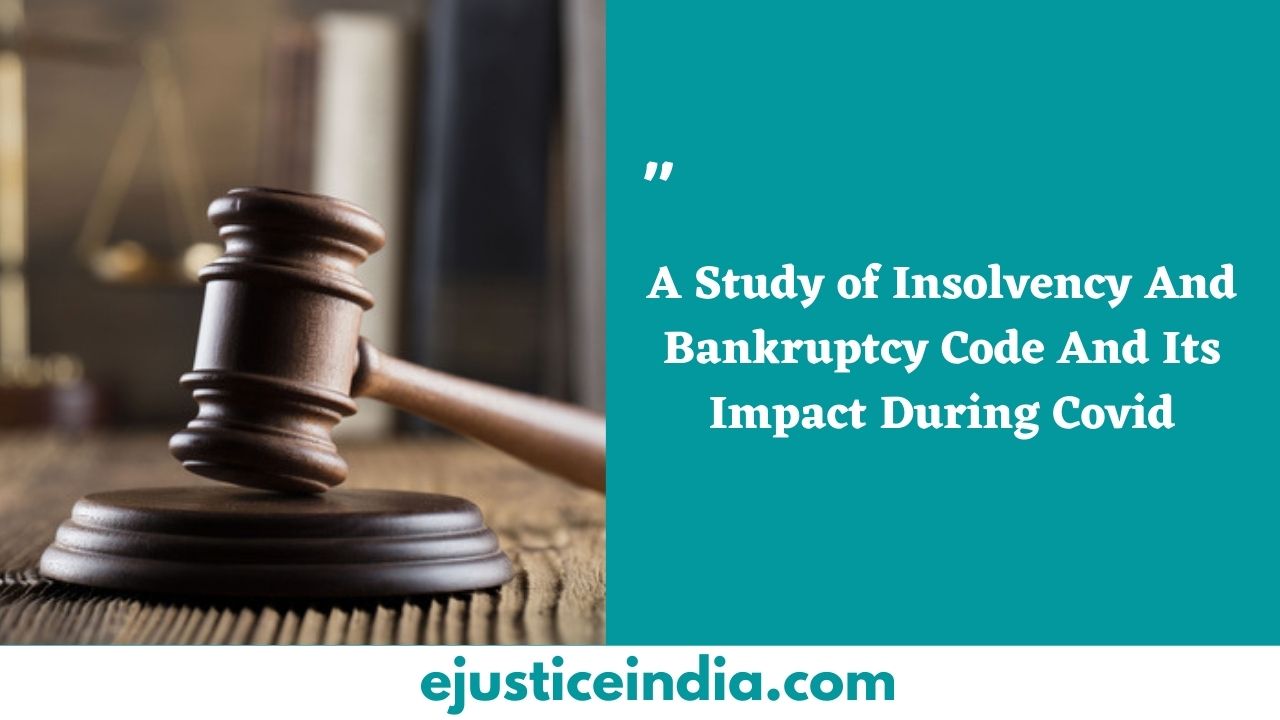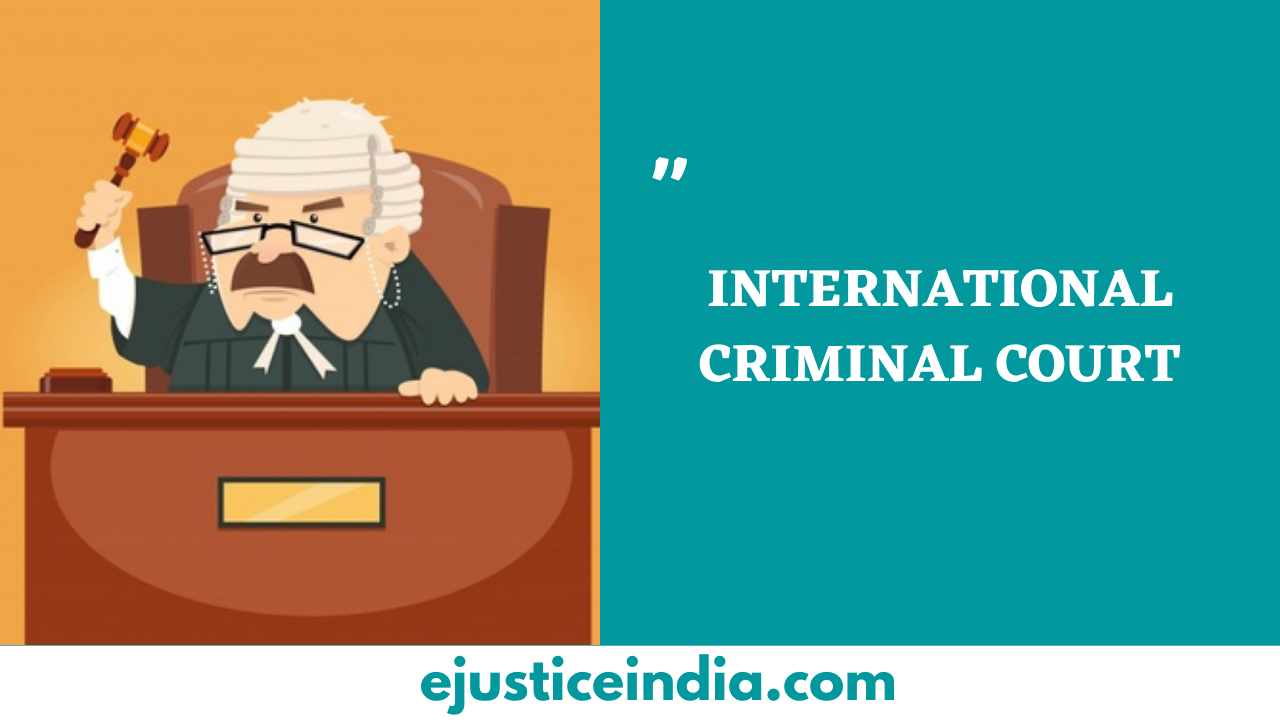ARE ELECTORAL FREEBIES – POLITICALLY,LEGALLY AND ECONOMICALLY APPROPRIATE?

Author: Kruti Brahmbhatt (Gujrat Law Society, Ahmedabad)
What are electoral freebies?
These are the promises made by the politicians to give free services or commodities in exchange of the votes in order to bring them in power.
Generally free electricity, free water, allowances to the unemployed, free gadgets and free scooters are some examples of electoral freebies. It feels like a machiavellian practice in politics.
History of electoral freebies.
Since the past few years we have noticed the use of a system of freebies to attract voters towards political parties. It is wrongful to blame a single party for its increased use but must accept the fact that it is inherited by our politicians.
Peeking into the past the politicians have given free education, free meals in the elections of 1954 & 1963 in the name of welfare. The so-called “revadi” culture or electoral freebies culture notably increased after the Aam Adami Party came into power in Delhi. By providing free electricity and free water to its people to a certain limit which is still acceptable in the name of welfare. Where else Congress in the election campaign in Uttar Pradesh offered smartphones and scooters to the girls of Bachelor.
In 2006 Tamil Nadu DMK had promised free color TV which resulted in its victory and for the same 750 crore were used to fulfill the said promise. Consequently in 2011 more freebies were announced by the ruling as well as by the opposition parties.
Again observed in the 2021 elections of Tamil Nadu the candidate promised to give helicopters and cars, crore per household,gold,robots and what not. Later on which was declared to be a “JOKE” on a later part. In the recent elections in Gujarat the culture seems to have flourished.
So far, don’t the freebies look like a political manoeuvre? Don’t the freebies in the name of welfare look like an indirect “BRIBERY” to the voters? Don’t the manifestos need to be regulated?
Supreme Court’s view on electoral freebies?
The Supreme Court in many instances has raised its concerns over these freebies. The Supreme Court said in a bench headed by former Chief Justice of India N V Ramana that freebies are extended utilizing taxpayers money and push the state towards “imminent bankruptcy”.
In 2013,the Supreme Court delivered a ruling wherein it considered that freebies cannot be termed corrupt practice as it comes under the scope of welfare practices. Observing to which the former Chief Justice of India N V Ramana said that the reasoning in the above judgment is flawed as it has not considered various provisions of the Representation of People Act,1951.
The Bench also raised the following questions:.
- The question is what constitutes right promises?
- Can we describe the promise of free education as freebies?
- Can free drinking water, minimum essential units of power etc. be described as freebies?
- Can consumer products & free electronics be described as welfare?
Stating it a “complex issue” of the country and considering the set of petitions the Supreme Court has referred the issue to the three judge bench for analysis and reconsidering the previous judgments.
Electoral freebies- Political and Economic Impacts.
The elections are held for a fair representation of people in the democracy but the electoral freebies in a way attracts the immoral practice and annihilate the process of fair elections.
Political impacts
- Against the practice of fair elections
The electoral l freebies are against the notion of fair elections as it targets the greed of the voters. It would increase the freebies competitiveness amongst the candidate which eventually would lead to unfair and unjust elections.
The voters are not the commodities which can be bought by such freebies.
- Indirect bribery
By way of giving such incentives the voters are given bribes which is a corrupt practice at last. The cash is significantly replaced by such gadgets and appliances especially to attract young voters.
It indirectly weakens the standard of politics in a country.
Economic impacts
- Weakens the economy
Already most of the budgets of the states are deficient budgets such freebies are given from the government funds. Which ultimately is a huge expenditure and a burden on the government.
The freebies reduce the competition as the government itself is providing it for free from a particular enterprise which directly affects the market of the competitors.
Adding on it increases the people’s expectations from the government which results in an increase in the non-working population. Which is a RED SIGNAL for such practices.
- Burden on taxpayers
Under the name of welfare schemes such political agendas are run which eventually ends up burdening the taxpayers.
If a person who is not willing to work is given allowances from the money for which someone else is working day and night.[by the way of allowances to the unemployed].
This surely decreases the motivation of individuals to work hard and pay tax honestly.
Obstacles in regulations
There are many aspects due to which regulating the freebies is getting difficult. A few of those are:
- Differencing between welfare schemes and Freebies
The huge challenge in regulating the freebies is to differentiate or to create an extent to which it can be considered as a welfare scheme. Imposing complete ban on such acts cannot be a solution to it.
Free meals and free education is still a basic need in many parts of India. Thus differentiating it is an essential need which is quite difficult to do. As for a section of people, free meals may not be the need while someone would be suffering for it.
In a country like India with a large number of people and with different sections of people many aspects need to be considered.
- Lack of will of the opposition
By the way of all party meetings the pros and cons of the freebies were considered and they were supposed to restrict it. But the non corporation of opposition is an obstacle in
the way of its regulation. To cook their political food they do so.
Conclusion
Evidently the freebies Vs welfare schemes is a rising issue in every election. There is a desperate need where the bifurcation is done between the basic needs of an individual and against the agenda of freebies. Instead of giving it for free there can be a reasonable rate on it due to which the value of the commodity is maintained and the need can also be satisfied. Simultaneously the freebies culture gets in a bit of control with generating revenue for the State.
Secondly, identifying the fields or areas in need for such freebies can also be helpful. Welfare schemes or allowances can be given in that particular field or area.
For example, availability of sanitary napkins at lower rates, economic home stays. Such programs can be increased instead of freebies.


